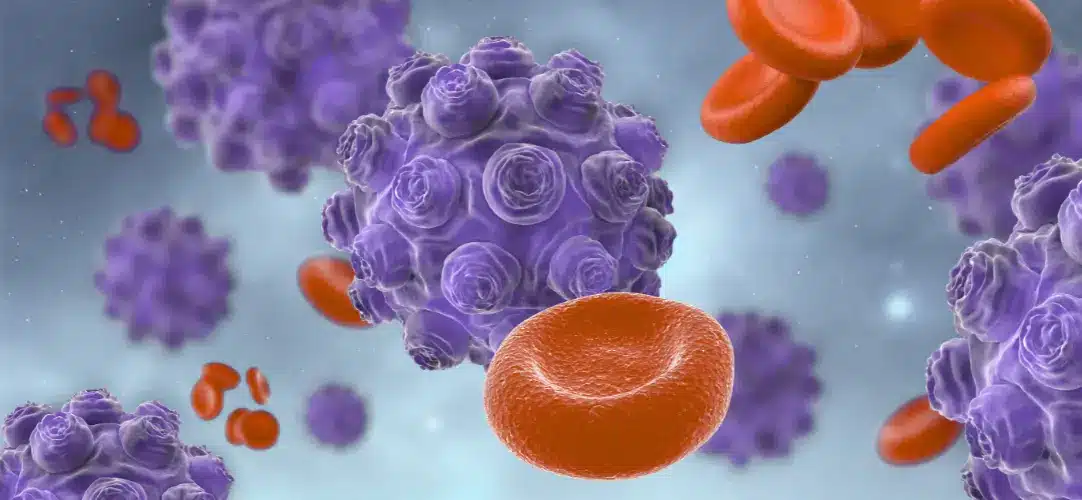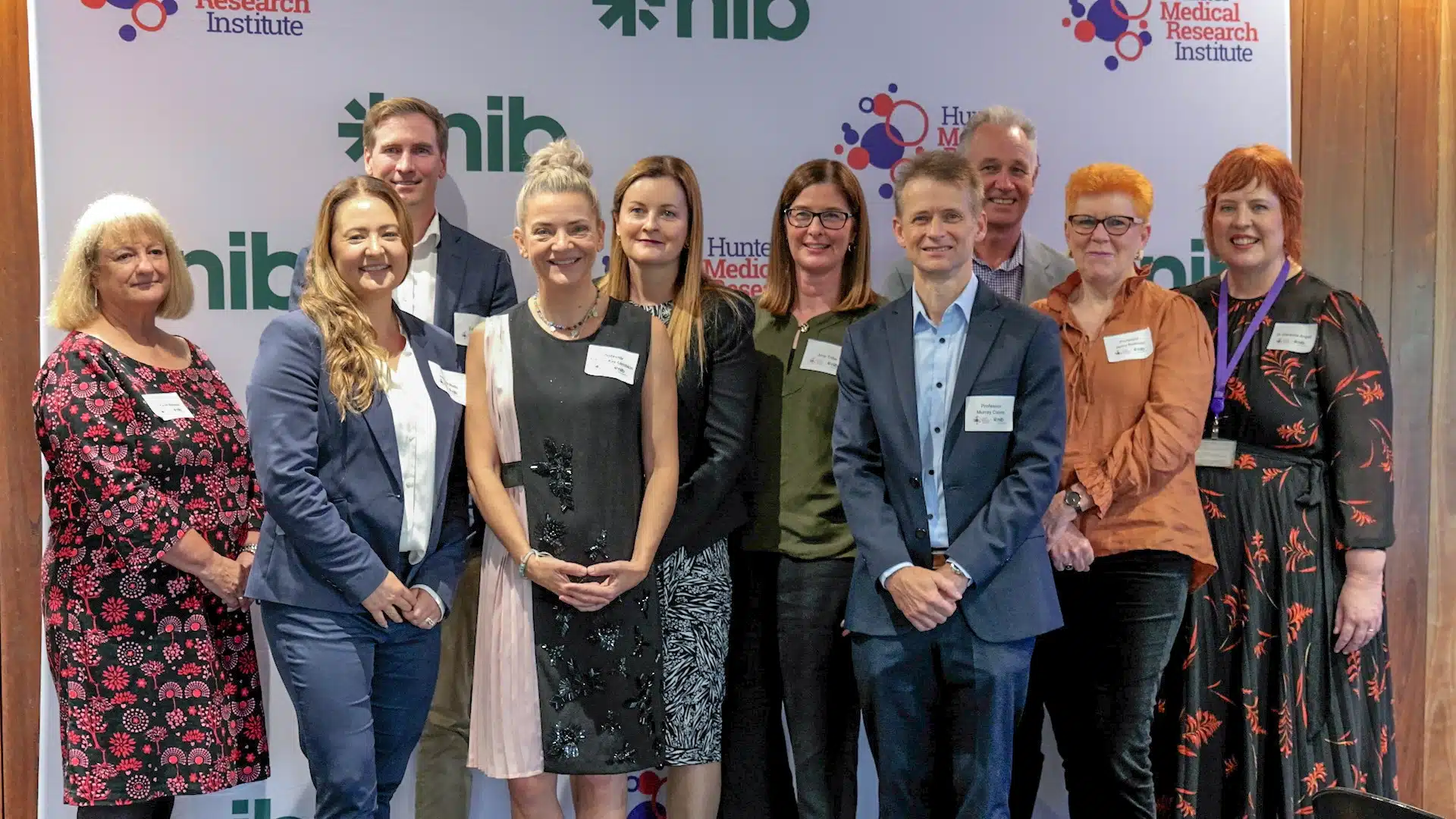Our Food and Nutrition Research Program develops scientific and evidence-based health and nutrition programs, resources and tools to transform health and wellbeing.
We know that poor diet is a major contributor to the global burden of disease. In fact, due to its contribution to noncommunicable diseases, poor diet was responsible for more deaths worldwide than any other risk factor.
Poor nutrition has a direct causal link to cardiovascular disease, cancer, chronic obstructive pulmonary disease, and Type 2 diabetes.
Adverse impacts of diet are compounded among certain populations because of where they live, cultural background, and socio-economic status.
We also know that the impact of nutrition starts at conception and continues throughout childhood, adulthood and into old age. This is why it is so important to start healthy eating habits at an early age and have the information, tools and resources to continue them throughout life.
90%
OF AUSTRALIANS DON'T EAT ENOUGH VEGETABLES
LESS THAN 1%
OF AUSTRALIANS HAVE EATING PATTERNS THAT FOLLOW THE AUSTRALIAN DIETARY GUIDELINES
1 in 5
DEATHS ARE LINKED TO POOR DIET
Sources: Australian Institute of Health and Welfare, Eat for Health: Australian Dietary Guidelines, Australian Government
Nutrition solutions for better health
There is no ‘one size fits all’ approach to improving nutrition health.
That is why our research is diverse, ranging from nutritional biochemistry discovery to influencing food supply and eating environments, to technology-enabled interventions and nutrition education.
Our food and nutrition researchers:
- generate new knowledge about food and nutrition
- debunk food myths and share evidence-based, science-backed nutrition information
- develop easily accessible nutrition programs that empower and drive healthy eating
- generate discoveries and nutrition guidelines that can be implemented into nationwide policies, helping everyone understand how to eat a nutritious diet
It is our vision that our nutrition research will help:
Reduce chronic diseases including heart disease, stroke and diabetes
Reduce chronic disease risk factors including high blood pressure or high cholesterol
Improve mental health and psychological wellbeing including depression and disordered eating
Improve food and nutrition-related behaviours including diet quality and cooking skills
Investigate system-level factors such as uptake of nutrition strategies
Partnerships helping everyone eat better
Our Food and Nutrition Research Program partners with a range of people to address the urgent need to improve nutrition.
Our researchers work closely with health professionals across differing specialities, policymakers, government agencies and industry to develop quality research methods and nutrition strategies that prevent, manage and treat disease. We also partner with community members to ensure our research is informed by the relevant needs of the community.
We work together to implement our findings and programs into policy, community, clinical and healthcare settings. This enables us to optimise the health and wellbeing of our communities throughout all life stages.


















